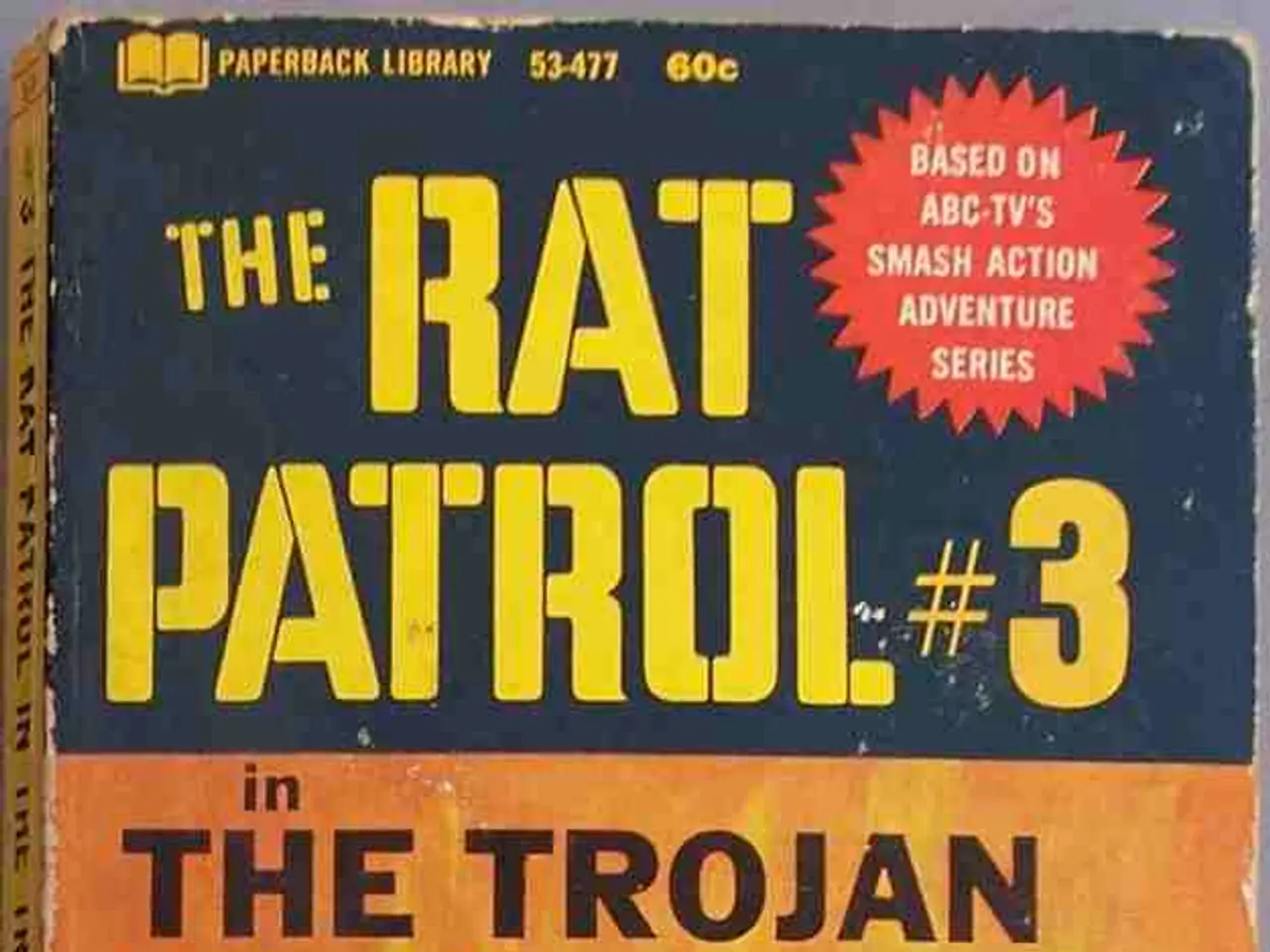Expired US-Saudi Agreement Sparks Debate: Is American Influence Waning?
In the 1970s, a landmark pact was forged between the United States and Saudi Arabia, a deal that aimed to address two pressing issues: the US's need to export dollars and Saudi Arabia's need to export oil. This agreement, however, has remained largely hidden from public view for over four decades.
The details of the agreement are scant, with no specific information available about the identifiable person who negotiated the deal. What is known is that the agreement stipulated that Saudi oil could only be purchased with US dollars, which could then be exchanged for US Treasury bonds. As part of the deal, the US also provided "security" for the Saudi government.
Fast forward to 1999, a time when the US was the richest country in the world, the most admired, with the best technology and coolest culture. It had a balanced budget and was at peace, with the exception of bombing Serbia. However, the US's financial landscape has drastically changed since then. The US now owes a staggering $35 trillion, a significant increase from $5.6 trillion in 1999.
The world's oil markets function in dollars, and both buyers and sellers in these markets have dollars and can easily convert them to other assets. This intertwined relationship between oil and the US dollar has been a cornerstone of the global economy for decades.
However, the US-Saudi Arabia agreement, like many things, has a lifespan. The deal expired on 9 June, a sign of the continuing decline of the West, which began around the end of the 1990s. The slippage of the Saudi deal is underway, but the near-term impact is uncertain.
International confidence in US democracy has fallen, according to a new poll by the Pew Research Center. The popular image of the US abroad has also been in decline over the past year. Some claim that the deal never formally existed and that it is "fake news," while others argue that its implications are far-reaching and could reshape the global economy.
As the world watches and waits, one thing is clear: the US is no longer the top gun, the butt-kicking nation it once was. If it could remain in charge forever, it would now be part of the Roman empire, not the US empire. The unravelling of the US-Saudi Arabia agreement is a reminder of the transient nature of power and the importance of adaptability in a rapidly changing world.
This article was first published in the website's magazine.








